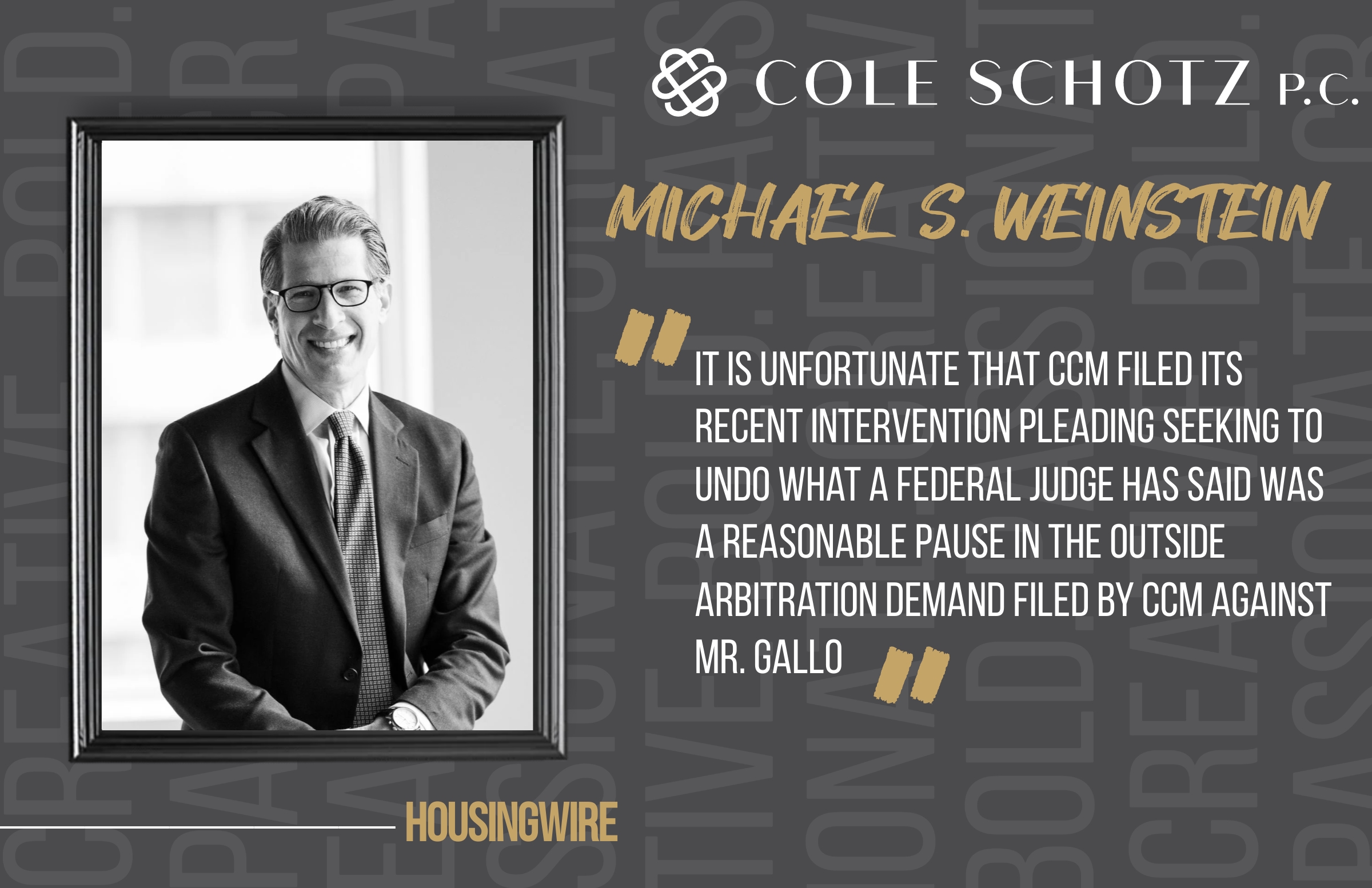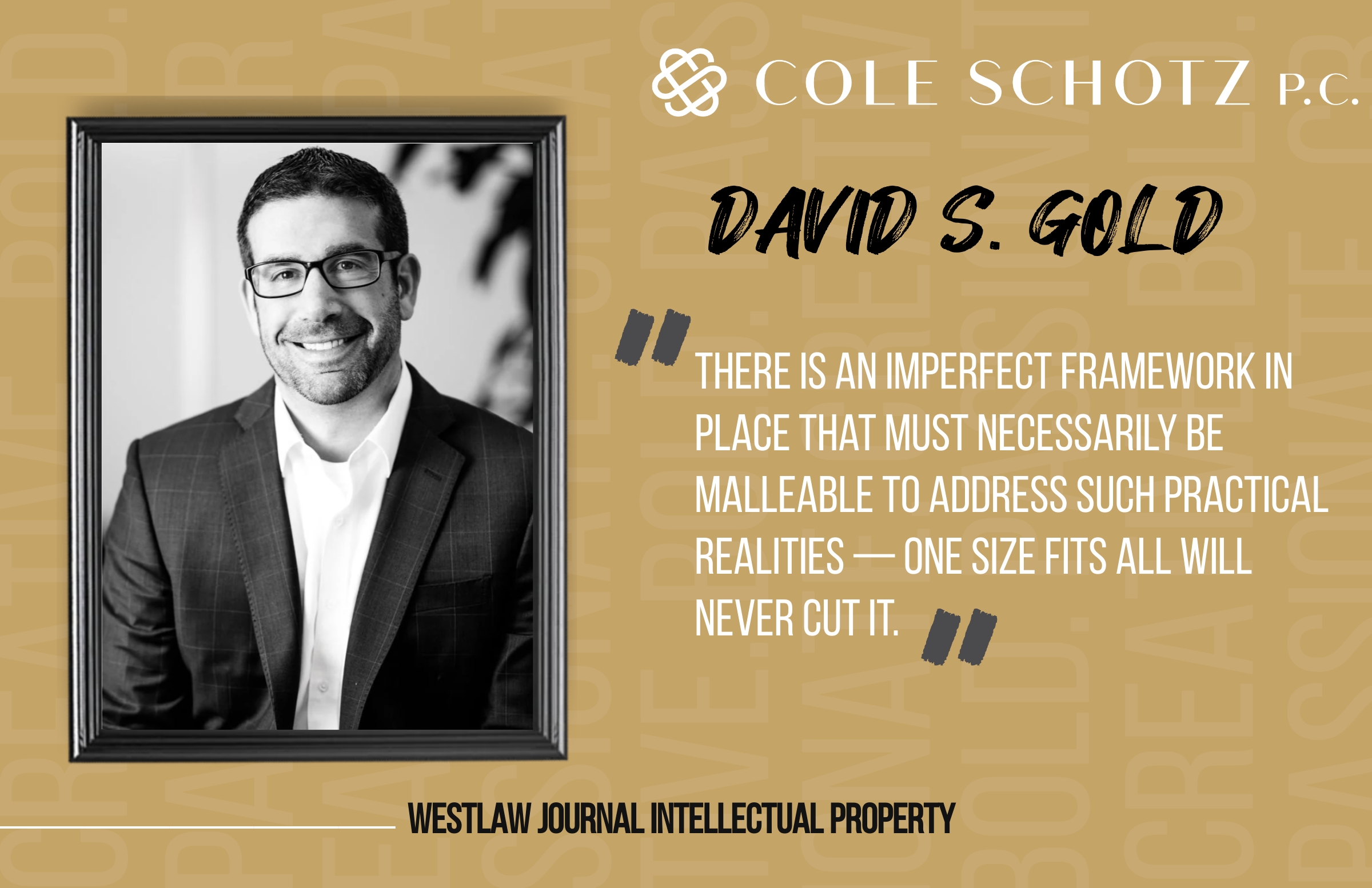Perplexity Lawsuit Sees Rightsholders Deploy New Feature

William Stroever authored the following article for the World IP Review.
On October 21, News Corp’s Dow Jones & Co (parent company of the Wall Street Journal) and the New York Post sued artificial intelligence start-up Perplexity for copyright infringement.
This follows on the heels of the announcement last week that the New York Times had sent a cease and desist letter to Perplexity on similar grounds, alleging that despite Perplexity’s agreement to stop ‘crawling’ New York Times’ online content, the content was still appearing in the AI system for generative AI purposes.
Strategy shift
Courts have seen a rash of disputes between content creators and AI companies in recent years. But these new disputes reflect a slight change of strategy in this ongoing tug-of-war.
Disputes between artificial intelligence start-ups and content creators are nothing new.
Since their arrival on the scene, AI start-ups have faced cease and desist letters and lawsuits from news outlets, comedians, artists, and others involved in creating the entertainment and information we all enjoy.
At the core of many of these disputes is generative AI, a type of artificial intelligence that ‘learns’ from or mimics information in large data sets to create text, images, videos, and more based on various prompts.
Copyright disputes to-date have addressed every step of this process—from use of copyrighted material in the data sets on which generative AI is trained, to AI output that too-closely resembles copyrighted material.
Trademark dilution theory
The lawsuit by Dow Jones and the New York Post adds a newer wrinkle to these disputes. In addition to the copyright claims that have become so familiar in the past, the complaint also relies on a trademark dilution theory alleging that Perplexity is ‘hallucinating’ sections of news stories.
AI hallucination occurs when generative AI models create false or fabricated material and present it as fact. In this case the plaintiffs allege that Perplexity copies material from creators, supplements it with AI-generated material, and then attributes the entire compilation to the original creator, thereby damaging the value of the plaintiffs’ brands by ‘injecting uncertainty and distrust into the newsgathering and publishing process, while also causing harm to the news-consuming public’.
This is not the first time the dilution theory has been raised. It is argued most notably in New York Times v OpenAI, in which the New York Times has alleged that OpenAI has attributed fabricated quotes to the New York Times and thus damaged its reputation.
Despite the ‘high-tech’ and ‘futuristic’ connotations artificial intelligence raises, these disputes actually address concerns at the core of intellectual property protections.
Previously, copyright disputes with AI start-ups have generally revolved around traditional copyright infringement (in particular, the use of copyrighted material in training data sets for generative AI) and the defence of fair use.
To read the full article, please click here.
As the law continues to evolve on these matters, please note that this article is current as of date and time of publication and may not reflect subsequent developments. The content and interpretation of the issues addressed herein is subject to change. Cole Schotz P.C. disclaims any and all liability with respect to actions taken or not taken based on any or all of the contents of this publication to the fullest extent permitted by law. This is for general informational purposes and does not constitute legal advice or create an attorney-client relationship. Do not act or refrain from acting upon the information contained in this publication without obtaining legal, financial and tax advice. For further information, please do not hesitate to reach out to your firm contact or to any of the attorneys listed in this publication. No aspect of this advertisement has been approved by the highest court in any state.
Join Our Mailing List
Stay up to date with the latest insights, events, and more





